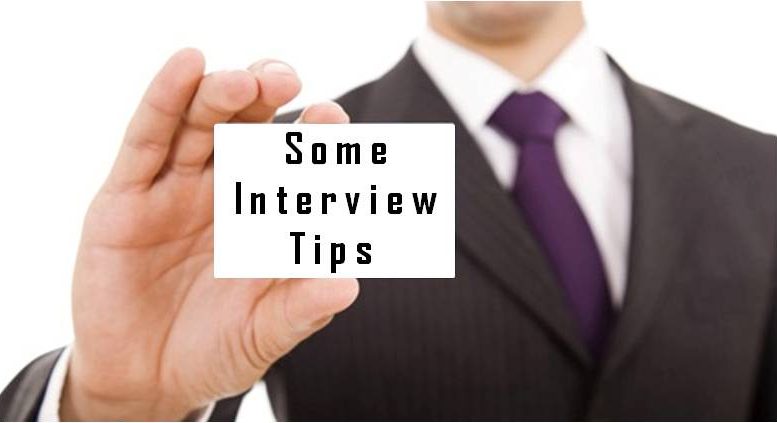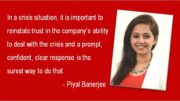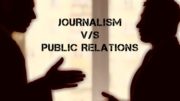If your heart is set on taking up PR as your career, make sure you make the right moves, starting with the interview. So, here are some interview tips.
Today, Public Relations is indeed, one of the most diverse fields you can get into. The Public Relations scenario is critical today, as it is the practice of building and managing relationships and communicating information from an organisation to its publics. Whether it’s a brand and its consumers, a politician and the citizens, a cricket team and its fans, a positive two-way communication model must be maintained. After all, a happy public is what attracts a wider spectrum of audience and, for an organisation, tips sales too!
So, if you are planning to join PR, do your homework well, to understand the business. When companies interview prospective candidates for a PR job, they want to know about your contacts or how you can develop the right ones to help your new company. Tell prospective employers not only what you’ve done in your career but, also what you can do in the future, and who can help you.
Understand PR: You should be able to answer – what does public relations mean to you? This question evaluates a PR candidate’s mindset and approach to Public Relations. Because Public Relations can be fine-tuned, to touch upon areas like marketing, crisis communication or online community relations, this question reveals whether a candidate’s perceptions of PR are in line with the company’s philosophy. An efficient PR professional can help your company move forward in the right direction.
Communicate right – starting from your dress sense: Put your best foot forward – a PR position definitely demands this. If you can’t dress right for an interview, people will wonder how you will represent them in public, on the phone or in writing. Try to find out the company’s dress code before you go in for an interview so you can dress to fit in. If the business has a specific audience, take your cue from that information and dress like the employer’s target customers.
Build an impressive profile, highlighting accomplishments: Your profile should contain more than a simple list of your job titles, names of employers, dates and responsibilities. A good resume highlights your accomplishments, including any work experience. Make it a point, to elaborate on campaigns you have worked on, brand promotions or press releases that resulted in media coverage, increased sales or any other benefits for a previous client or employer.
If you’ve got work samples, take them along, so you can explain them in better detail. If you have a number of print samples, organise them in a decent portfolio.
Discuss your media contacts: If you have media contacts that are relevant to the position, bring a list you can share with the interviewer. If you are moving to a new business, list the previous media contacts you developed, why they were relevant to the client or company and how you developed them. Discuss how you would cultivate new media contacts, if you are hired.
Point out how you would use social media: Prepare your piece on how can you use social media. We live in the digital age where social media can make or break brands. Social media goes hand-in-hand with traditional media like print, television and radio. A successful PR candidate will understand the connection between producing great content and social media. So, work on your LinkedIn page or Twitter/Facebook pages; if the employer is not impressed, why would they think you would be successful in representing a client?
Moreover, you must have a good understanding of the traditional media to be effective with social media.
The qualities that make a great PR candidate are: an understanding of current issues, a great media writing style (short, succinct sentence structure), time management skills, organisational qualities and good listening skills.
Ask relevant questions: Lastly, leave a lasting impression – prove to be knowledgeable by asking intelligent questions, including questions about the company. This means you may need to spend time on the company’s website and gauge the PR firm’s or the organisation’s position in the marketplace. Being knowledgeable about the company is key for PR interviews. Ask the interviewer about any recent PR campaigns that were successful or what type of work or clients they are looking for in the future. Or ask why the company is well-suited to the business it works around or one thing the marketplace doesn’t know about the company and why.










Be the first to comment on "Going for that PR job?"